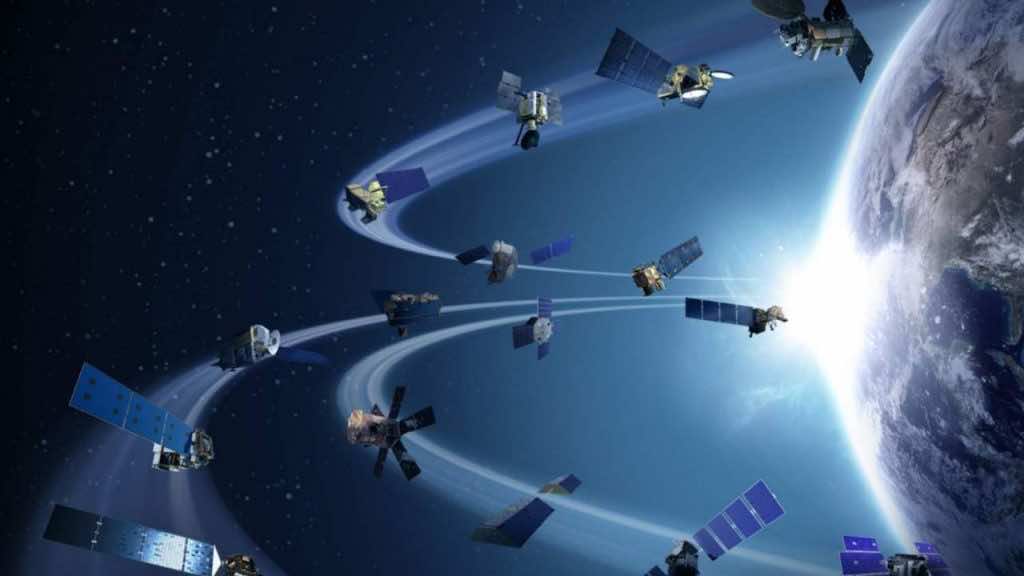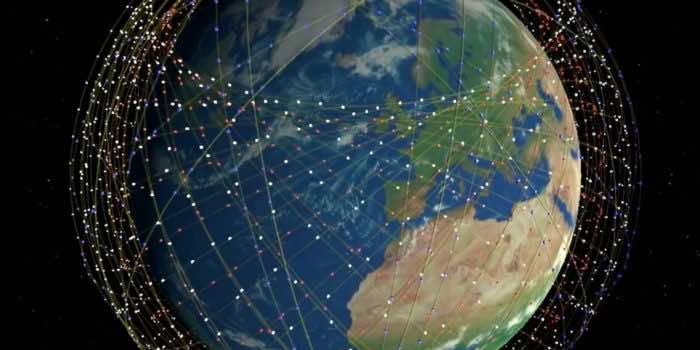Remember Starlink? The internet service SpaceX is providing using an array of satellites to beam down your Netflix content directly to your homes? It seems that Starlink is going global and that could be happening as soon as September. The news came directly from the company’s president, Gwynne Shotwell. The first Starlink satellites were launched in 2019, on May 23rd, carried by a SpaceX Falcon 9 rocket.
Since then it seems that around 1,800 satellites have been deployed. According to Shotwell, “We’ve successfully deployed 1,800 or so satellites, and once all those satellites reach their operational orbit we will have continuous global coverage, so that should be like September timeframe”. Starlink is currently offering beta services in around 11 countries but that number is about to go global.

Shotwell further said that “But then we have regulatory work to go into every country and get approved to provide telecoms services”. That’s understandable, though it will be interesting to see how many countries welcome the satellite internet service with open hands. Starlink already has plans to bump the 1,800 number up to 12,000 at a cost of around $10 billion.
The internet service has already received hundreds of thousands of preorders even though it is pretty expensive. It currently costs around $99 for a monthly subscription and the equipment needed to use it costs $499 more. The kid includes a tripod, WiFi router, and terminal to connect to the satellites.

Musk said previously in May that the service has received more than 500,000 preorders and the company anticipates no technical problems in keeping up with the demand. According to a tweet from the techno king, “Only limitation is high density of users in urban areas. Most likely, all of the initial 500k will receive service. More of a challenge when we get into the several million user range”.
Countries currently running the Starlink beta include Australia, the US, New Zealand, and parts of Europe. Users can expect speeds of up to 209 megabits per second which is the fastest speed ever recorded by a beta tester. It will be interesting to see if that speed can be maintained once millions of people opt for Starlink.
SpaceX’s end goal is to have as many as 42,000 Starlink satellites in low orbit around the Earth by 2027.


